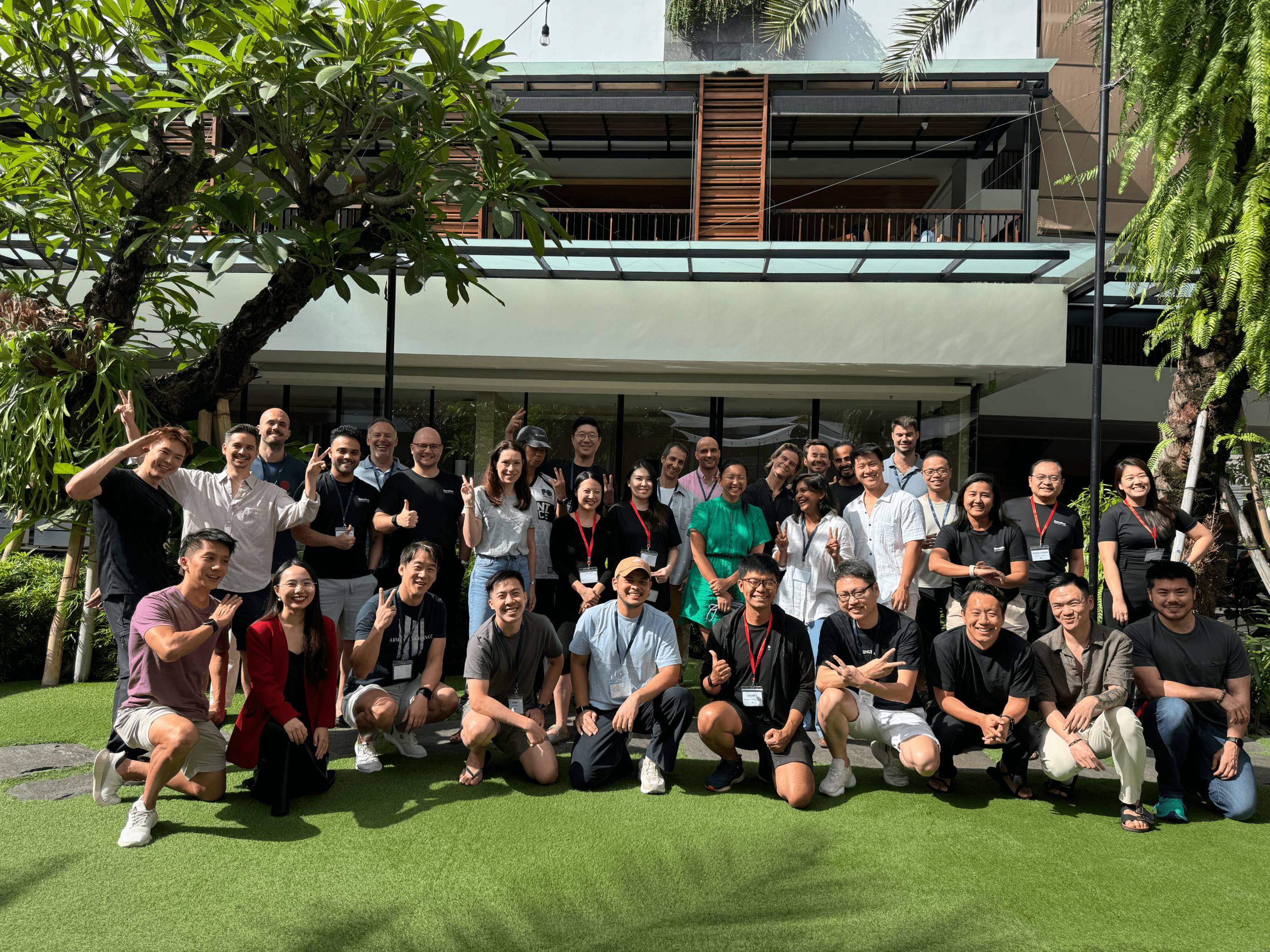In a previous post, we asked investors how they defined product market fit... and that made us wonder: how do founders define it?
To find out, we asked five of our portfolio founders. Given that product market fit is a term with many definitions, we asked the founders:
How did you define product market fit before starting your company, and how do you define it now?
Jan Walczak, Co-Founder of TendoPay

Before my startup, I did not fully understand the importance of product market fit.
Not only an initial validation of your product but also how important it is to monitor it throughout your product life cycle. Product market fit is more complex than a single moment of ‘my customers want this’. I believe it something to still be cognizant of as you build new features, monitor your competitive landscape or even notice changes in customer behaviour.
Michelle Chin, Co-Founder of Oyen

Before Oyen, I always thought that product market fit meant a product flying off the shelves because the benefits resonated so well with my target audience that they would naturally buy it (or search for it!).
Today, I see product market fit more like a moving target, that it doesn't stop because the market is ever-changing and your audience will move from early adopters to laggards. That being said, I think it's important to identify a starting point of product market fit- an inflection point at a certain number of users or monthly active users where growth starts scaling naturally without having to experiment tens of growth bets simultaneously to find what truly sticks.
Alexandra Zhang, Co-Founder of Factorem

Before starting, we thought product market fit was when demand for your product grows so fast and much more than your resources can handle. We weren't clear how to measure what it really means by 'product growing too fast', we only knew vaguely that product market fit = very fast growth.
After starting Factorem, product market fit is when >50% of your users tell you that they would be extremely disappointed if your product ceased to exist today. We learned to ask better questions, figuring out if people treated factorem product as 'good to have' or 'must have'.
It's the 'must-have' that we are now looking out for.
Wong Lei Lei, Co-Founder of Ottodot

I have not even heard of the phrase product market fit before I started Ottodot. I started my startup with Le Yi right out of college. I was pretty naive about the world of startups, which turns out, helped me in my journey.
I see product market fit now as when we have built a self-reinforcing wheel and we’ve turned this wheel so much that it will now turn on its own to grow our users.
And with every turn, the number of users will multiply too. To get there, I think we need to keep on making bets, learn from our experiments and understand deeply what parents and kids care about.
Rahul Nambiar, Co-Founder of Botsync

I had no idea what product market fit meant when we started Botsync. The focus in the first year was to figure out who could pay us and what would they pay for, and we kept adjusting what we did during that process. After we raised our first external capital, it became a lot more about the repeatability of the type of projects we did and how much incremental work we were doing from customer to customer.
Now, as we are trying to grow, we look at product market fit in 2 ways: one is the repeatability of projects and the second about the funnel conversions from our sales process. In a way, we felt that if projects were repeatable but the sales conversions were really poor, it wasn't going to help us scale. So since mid-2022, we have been adjusting what we do, keeping both these factors in mind.
For now, what we look at as a positive indication of product market fit is when we have easily repeatable use cases coupled with very good sales conversions in our funnel.




![Iterative Scale Program [Closed]](https://cdn.prod.website-files.com/60b1bd0542d31f694712f8ec/68d4bfcb752be73c1412db48_neom-85ey1vFIwkc-unsplash.jpg)



